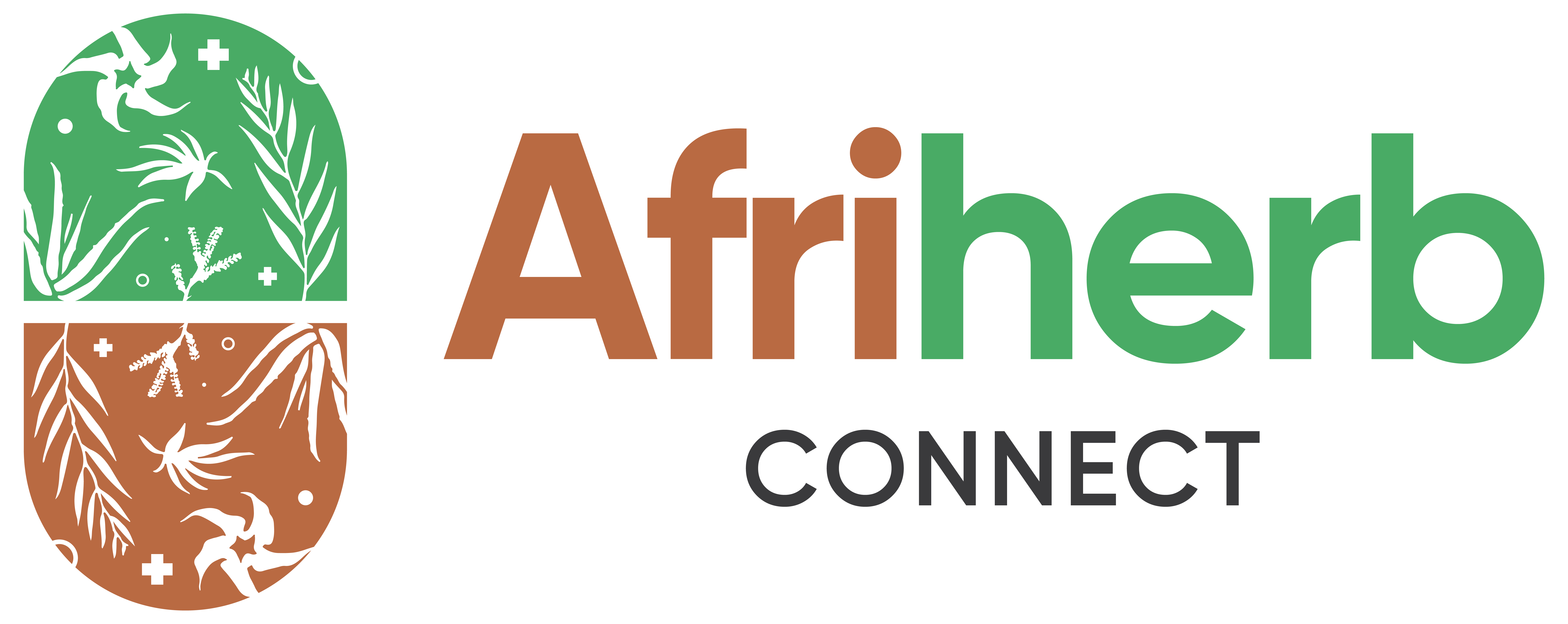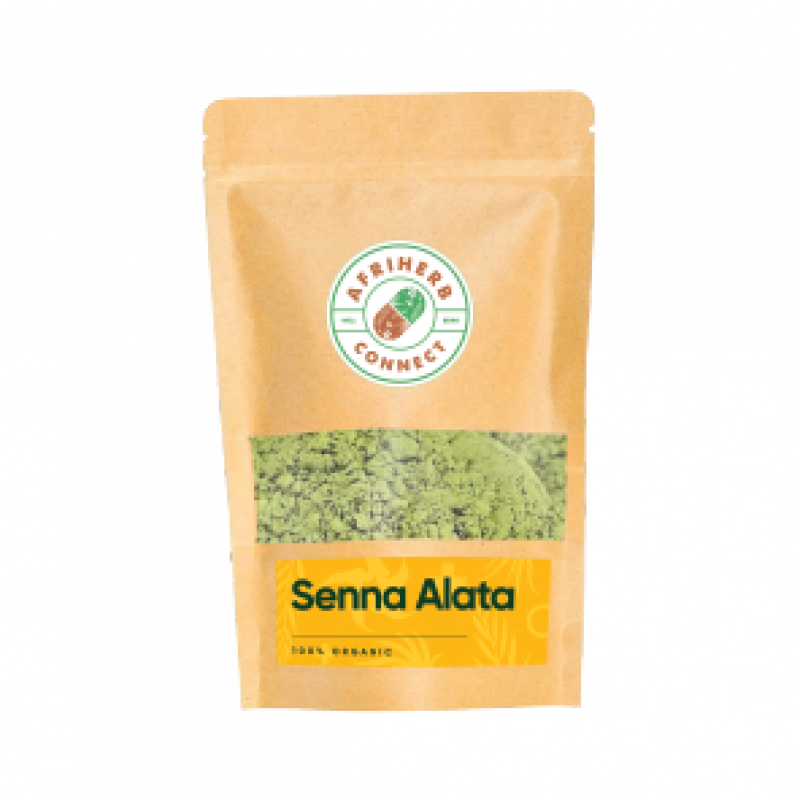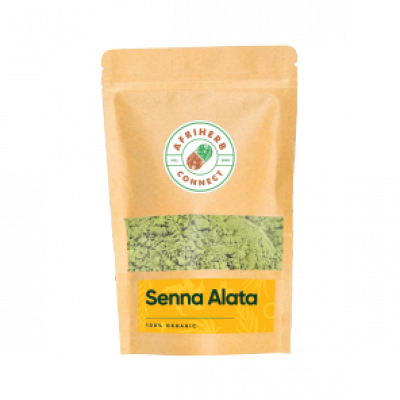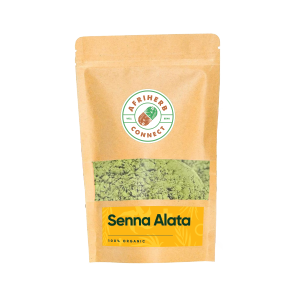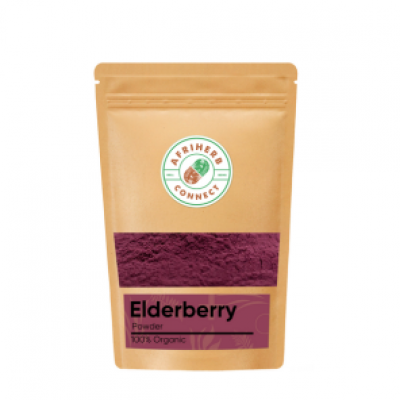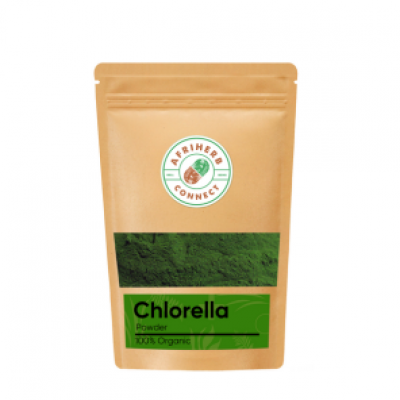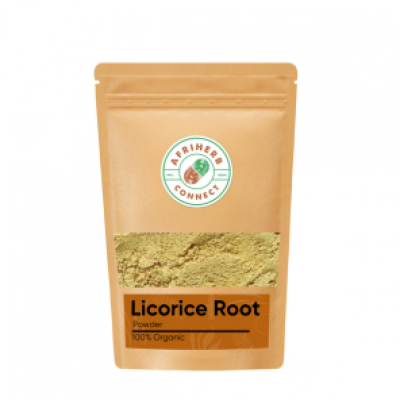
Overview:
Senna alata, commonly known as "Candle Bush" or "Candelabra Bush," is a flowering plant native to tropical regions of the Americas, Africa, and Asia. It has a long history of traditional use in various cultures for its medicinal properties. Senna alata is valued for its therapeutic effects, particularly as a remedy for skin conditions and digestive issues.
Benefits:
- Antimicrobial Properties:Senna alata contains compounds with antimicrobial properties, making it effective against bacteria, fungi, and parasites. This makes it useful in treating skin infections, such as ringworm and fungal infections.
- Anti-inflammatory Effects:The leaves of Senna alata possess anti-inflammatory properties that can help reduce inflammation and soothe skin irritations. It may be beneficial for conditions like eczema, psoriasis, and insect bites.
- Antioxidant Activity:Senna alata is rich in antioxidants, including flavonoids and phenolic compounds, which help protect cells from oxidative stress and damage caused by free radicals. Regular consumption may contribute to overall health and well-being.
- Digestive Support:In traditional medicine, Senna alata is often used to promote digestive health and relieve constipation. It contains compounds called anthraquinones, which stimulate bowel movements and alleviate symptoms of occasional constipation.
- Wound Healing:Due to its antimicrobial and anti-inflammatory properties, Senna alata may promote wound healing and skin regeneration. It has been used topically to treat cuts, burns, and other minor wounds.
Importance:
Senna alata holds significant importance in traditional medicine systems, where it is valued for its broad spectrum of medicinal properties. Its versatility makes it a valuable natural remedy for various health concerns, particularly those related to skin health and digestion. As a readily available plant in many tropical regions, Senna alata provides accessible healthcare solutions to communities where modern medical resources may be limited.
How Senna alata Is Consumed:
- Topical Application: Senna alata leaves are often crushed or ground into a paste and applied topically to the affected area. This can help treat skin infections, wounds, and inflammatory skin conditions. The paste may be combined with other ingredients, such as coconut oil or honey, for added benefits.
- Infusion: Senna alata leaves can be steeped in hot water to make an herbal infusion or tea. This infusion may be consumed orally to promote digestive health and relieve constipation. However, it's essential to use caution when consuming Senna alata internally, as excessive use may lead to adverse effects such as diarrhea and electrolyte imbalance.
- Powdered Form: Senna alata leaves can be dried and powdered for easier storage and consumption. The powder may be encapsulated or mixed with water or juice for oral consumption. It's crucial to follow dosage recommendations and consult with a healthcare professional before using Senna alata internally.
Add your review
Your email address will not be published. Required fields are marked *
Please login to write review!
Looks like there are no reviews yet.
 English
English 
